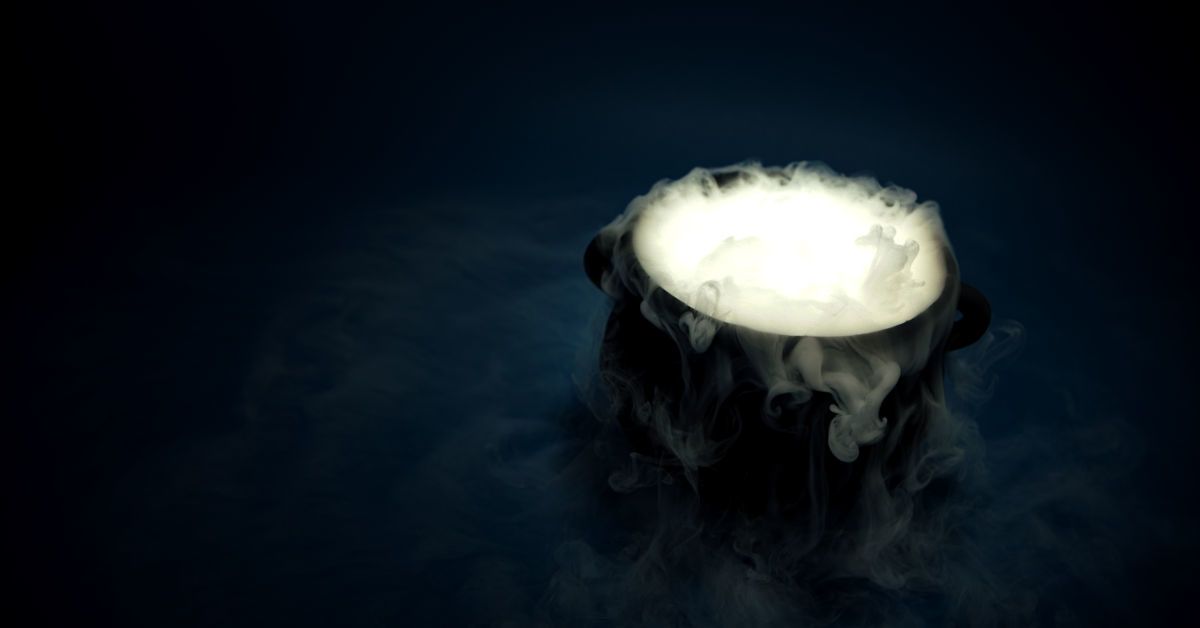The Letter

This post was originally published through Patreon on March 27, 2019
Dear Sandra,
It is with great sadness that I pen this letter. I love you so much—I always have—and I wanted desperately to embrace the human side of my nature so I could share my life with you. But I’ve learned that I can’t change what I am, and I can’t continue to deny the part of myself that keeps me awake with its alien secrets long after you’ve fallen asleep at my side.
This morning, I made you breakfast—your favorite: bacon, scrambled eggs, and toast. This morning, I kissed you on the forehead and bade you a good day at work. This morning, I watched you pull out of the driveway, your head filled with hope for the future I promised we could share. And then, this morning, I peered into the vast blue sky to ponder the immensity of the cosmos. I got into my car, and after peering through the driver’s side window in silence, hoping my melancholy would pass, I pulled into traffic and headed south along the I-5.
It’s impossible for me to describe what happened next. Words are a human invention, and my experience behind the wheel was anything but human. My body never left the car, but as I wended through unfamiliar avenues, the early morning sun blazing across the windshield like burnished brass, my soul came unmoored. I began to drift, to rise above the Earthly plane and into the infinite dimensions beyond. I beheld, in a single instant, a thousand other worlds, each placed atop the other like Russian stacking dolls.
In that moment, I was whole. In that moment, I was complete. I felt the beauty and immensity of life outside the linear progression of space and time, and my human body in the car began to weep. Aware once again of my physical aspect, I startled and slammed on the brakes, terrified I’d cause an accident. Despair rushed to fill the vacancies in my soul that had, for one glorious moment, been filled, and after the deepest sadness I’ve ever known passed over me like a heavy storm-cloud, I returned home, shaken.
I spent the next three hours brooding, wanting to drift some more, to merge with the cosmic substrate as I had so many times before taking on this human skin.
That was when I realized the truth.
As much as I want to remain human and love you, I cannot. My body is only a shell, a tattered garment made to be donned and then tossed aside. I was never supposed to stay, and as much as I’ve tried to delay the inevitable, I know now that I must go home.
When I met you, I thought we could make it work, that I could somehow nurture my humanity and grow it into something more, something enduring, something everlasting. But I realize now that I was wrong, and I must break your heart and leave you here alone.
Sandra, you must understand: I don’t want to leave you. My fingers are trembling as I write this letter, and even now my mind is reaching for any way to make this strange relationship work. But my longing to go back is too great, my need to burst free of this constricting body too profound, and by the time you read this, I’ll be gone, just another afterimage left behind in the wake of a brilliant cosmic flash.
You’re a strong woman, and I know that whichever path you choose, you’ll find happiness. That’s one thing I’ve always admired about you, and I can only hope that in the meantime, as you grieve for what you’ve lost, you’ll think of me and the love we shared with fondness.
As for my own love, it will never die. It is ageless and eternal, like the form I’ll take when I finish writing you this letter.
I love you, now and for always.
—Sammuel
Enter your email address and click "Submit" to subscribe and receive The Sign.
